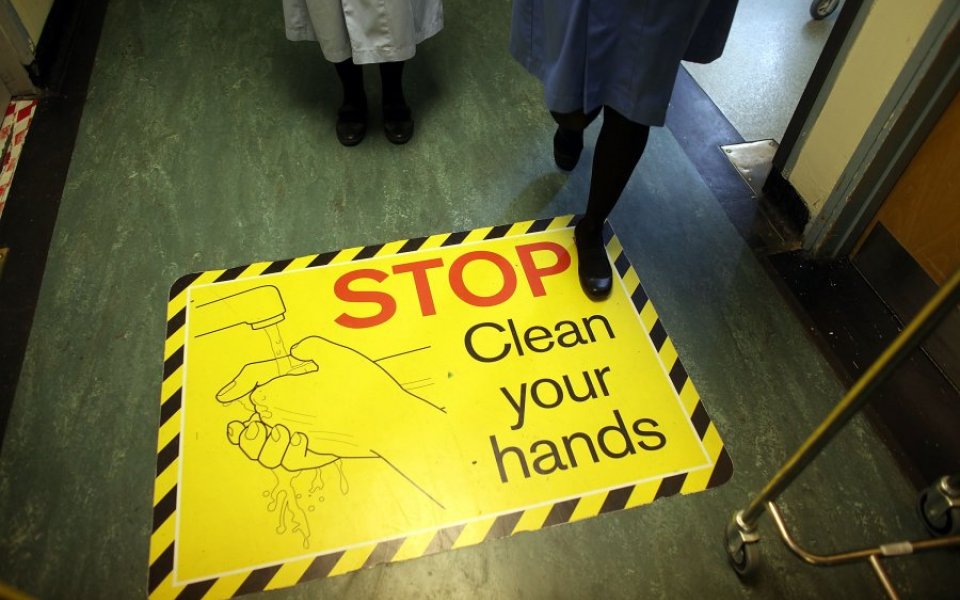Antibacterial resistance: The pharmaceutical industry can’t solve it alone – individuals must play a big role, say experts

Antibiotic resistance is one of the biggest threats to modern society. The medicines we use to treat some of the most dangerous bacterial infections are rapidly losing effectiveness, and we aren't creating new ones fast enough to keep up.
In fact, a recent report by The Review of Antimicrobial Resistance – a group set up by the government and tasked with finding solutions to the growing threat – predicts that by 2050, 10m people a year will die as a result of antibiotic resistance, and that this will cost the global economy around £66trn annually – more than the entire economy is currently worth.
So how do we solve this problem? At a speech held in London today and hosted by the FT, disease prevention experts emphasised the importance of the role the “individual” plays, since the more antibiotics are limited to situations where they are really needed, the less opportunity disease-causing bacteria have for becoming resistant.
Read more: Antibiotic resistance: It's farm animals that we should really be worried about
Jim O'Neill, chair of The Review of Antimicrobial Resistance and former chief economist of Goldman Sachs, said that while companies like AstraZeneca, GSK and Roche are all upping investment in antibiotic resistance research, there is a fundamental issue:
The usual solution they propose is higher prices. In the emerging world, there is a huge need for antibiotics, and higher prices definitely won't work for them.
Individuals and their doctors have got to play a bigger role by being tougher on their use of antibiotics.”
Stephen Caddick, director of innovations at the Wellcome Trust, said he didn't think the solution would be about corporations or governments, but instead about the people taking the medicines.
We should focus on people, not companies. Many medicines are bought over the counter around the world, rather than being prescribed. For decades we have been fighting drug resistance, but in the long term it will be individuals who make the difference.
He added, however, that this method would need the cooperation of governments and doctors: “The consequence of globalised world is that what happens in one place can't be separated from everywhere else."
We live in what is essentially a closed system now. Western governments can play role in this, but individuals need to think long and hard.
Meanwhile, the World Health Organisation released new research today revealing how unaware Britons are about how antibiotics work and the cause of resistance to them.
Almost one in three said they thought they should stop taking antibiotics when they start to feel better, rather than finishing the entire course prescribed to them. This mistake is one of the leading causes of resistance spread – a person starts to feel better long before all of the disease-causing organisms are killed off, so stopping them at this point would allow the remaining survivors to multiply and pass on to other people.
Perhaps the problem is that the majority of people are unsure of how antibiotics even work – 76 per cent of people said they thought resistance occurred when people started becoming resistant to the antibiotic, unaware that the person has nothing to do with it – it's the bacterium infecting people that becomes resistant to the antibiotics used to kill it.
“The rise of antibiotic resistance is a global health crisis, and governments now recognise it as one of the greatest challenges for public health today. It is reaching dangerously high levels in all parts of the world,” said Dr Margaret Chan, director-general of WHO.
Antibiotic resistance is compromising our ability to treat infectious diseases and undermining many advances in medicine.